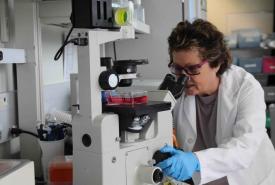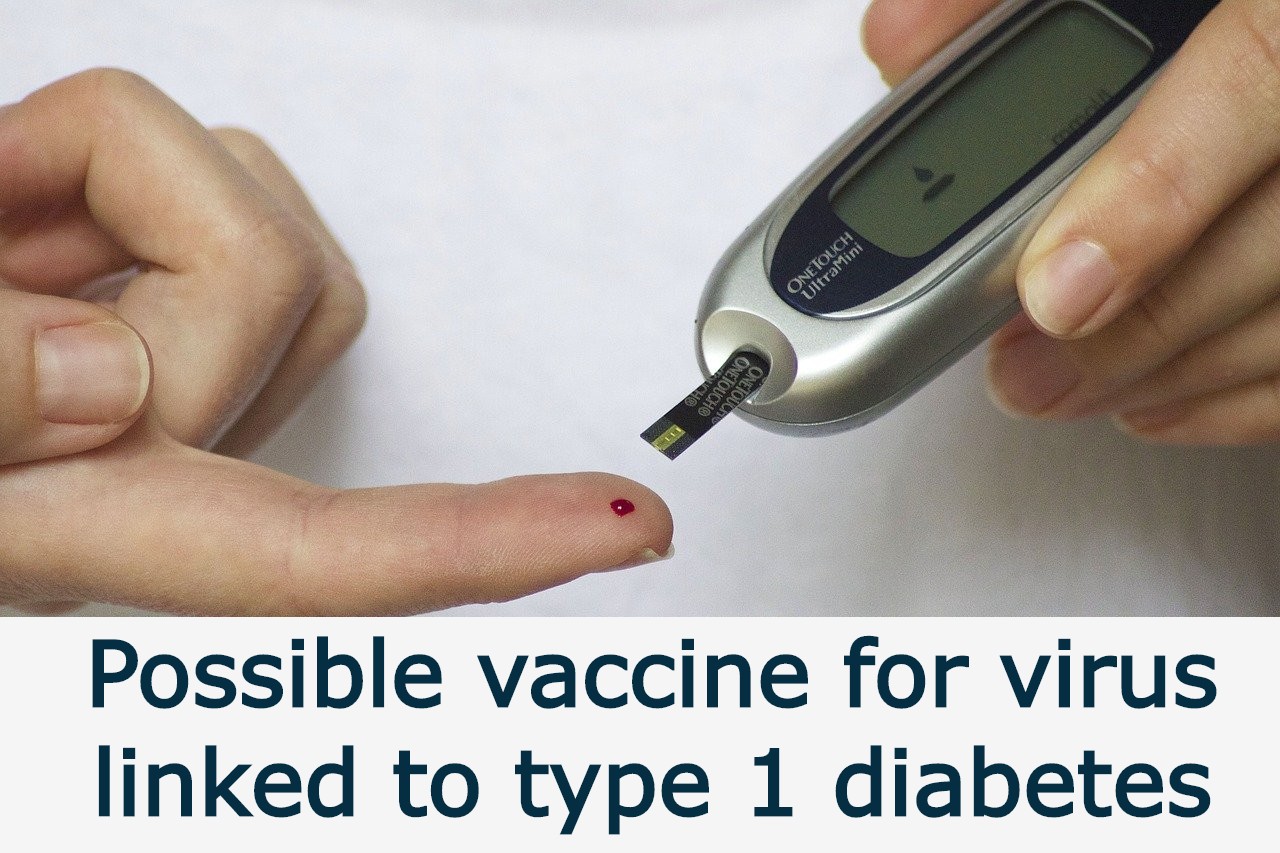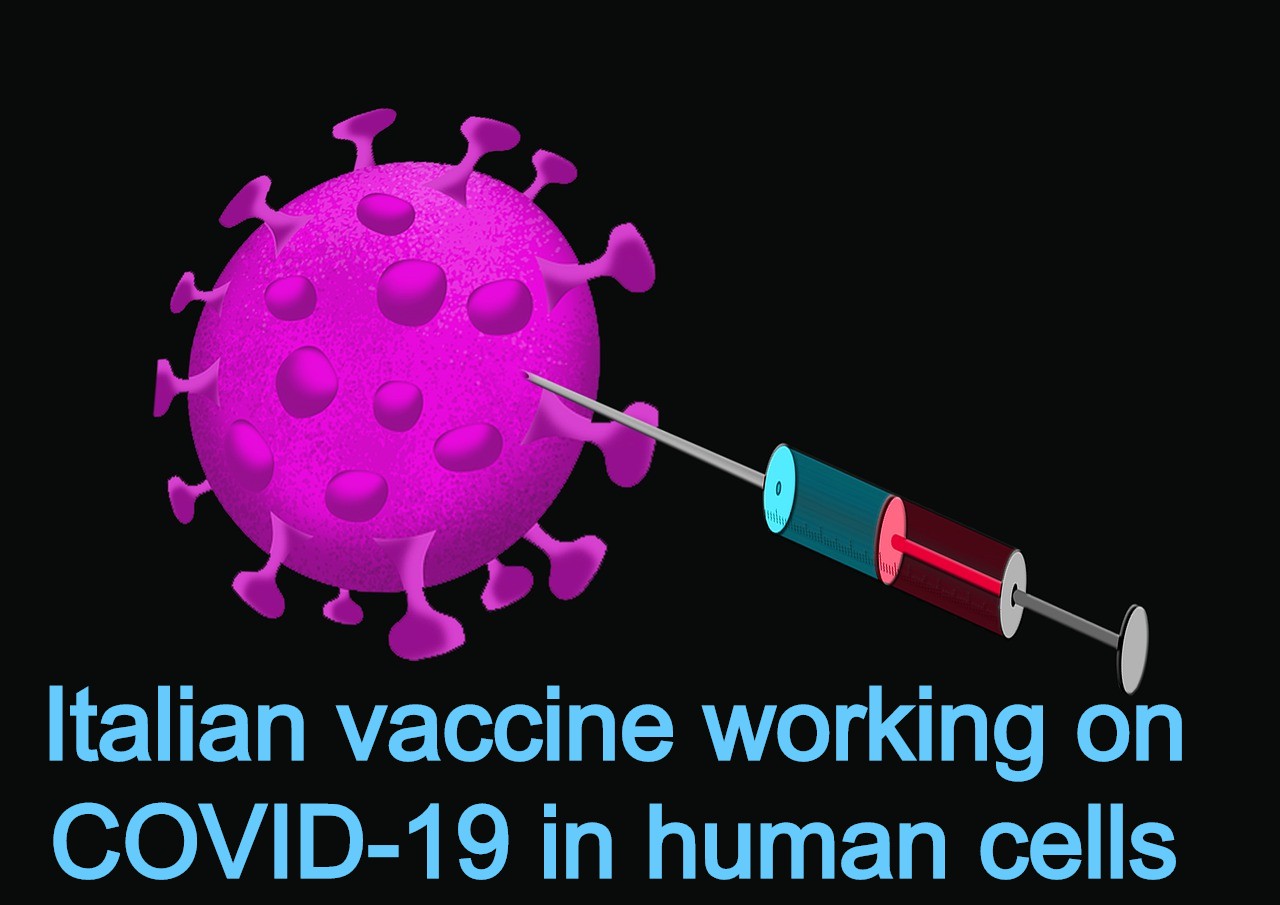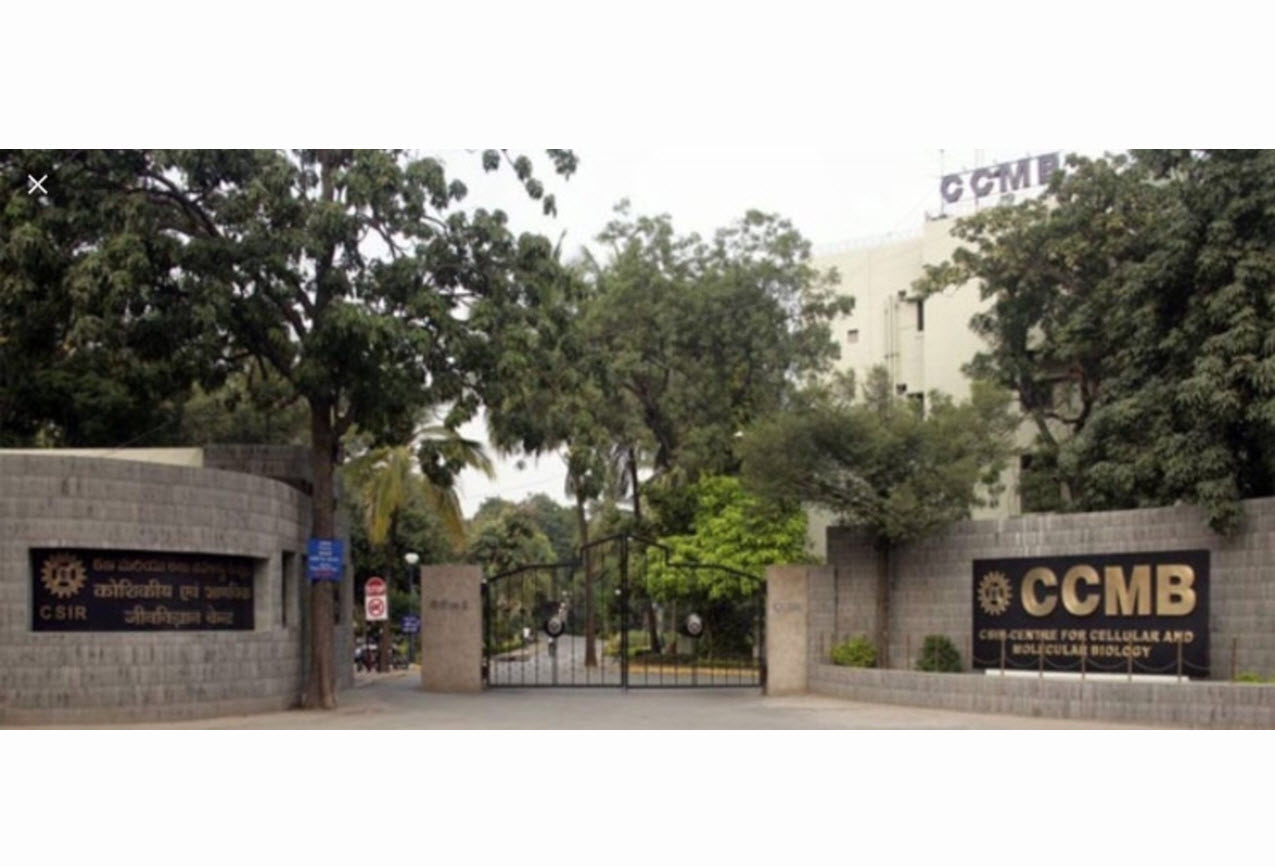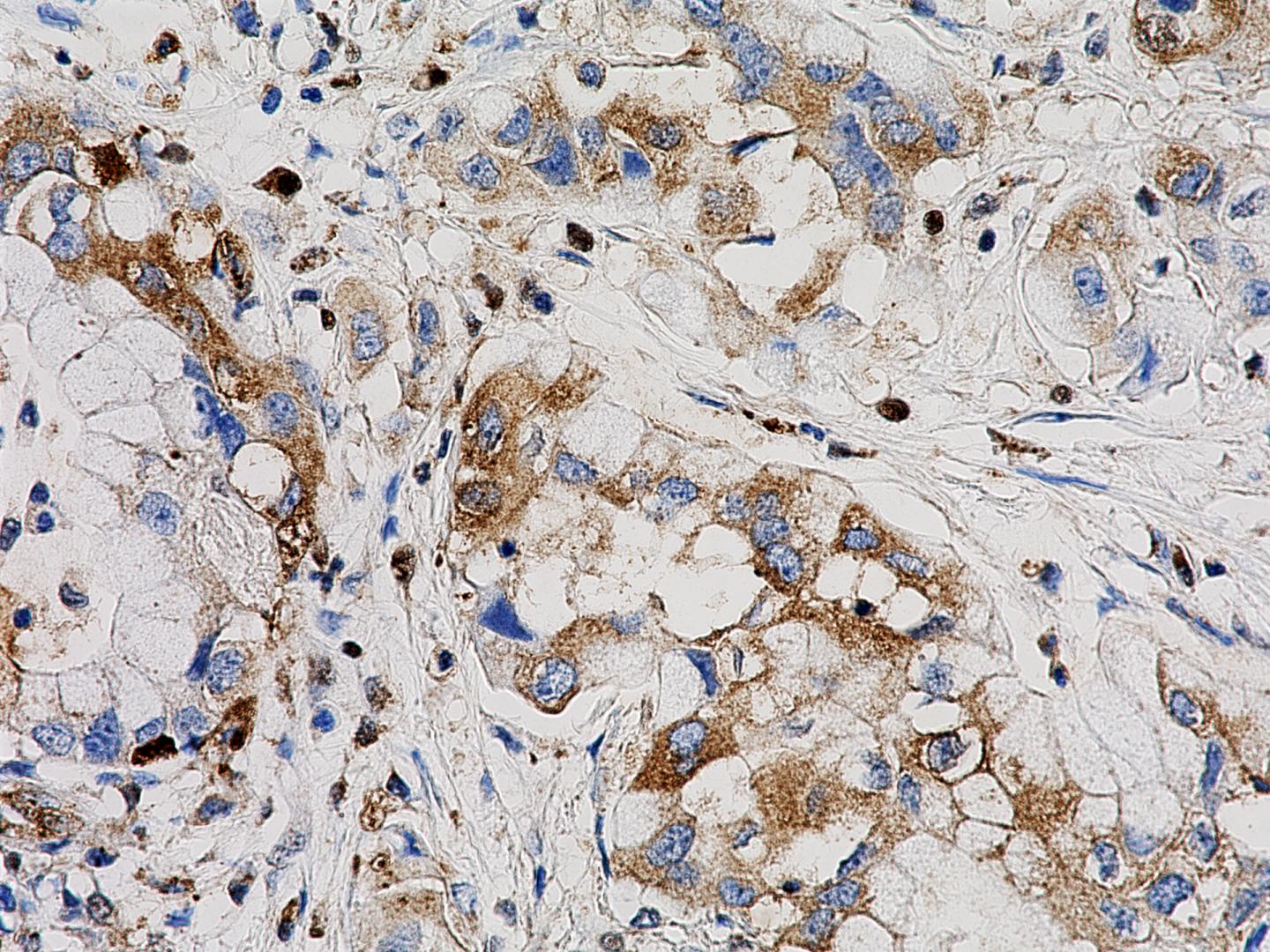Heart attacks, heart failure, stroke: COVID-19's dangerous cardiovascular complications
COVID-19 can cause serious cardiovascular complications including heart failure, heart attacks and blood clots that can lead to strokes, emergency medicine doctors report in a new scientific paper. They also caution that COVID-19 treatments can interact with medicines used to manage patients' existing cardiovascular conditions.



